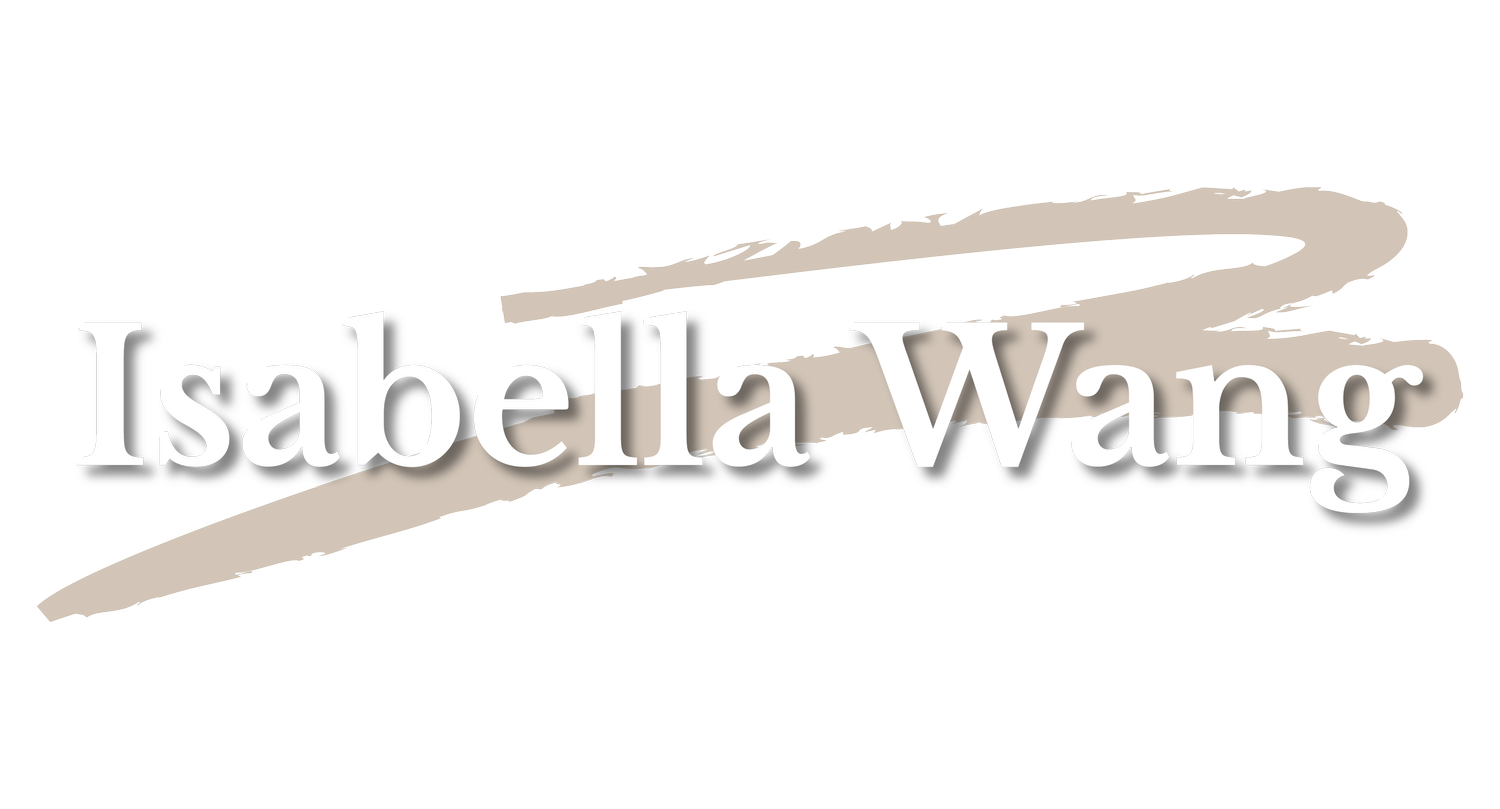An Urgent Balancing Quest Between AI Innovation and Ethical Considerations
In the world of AI, the potential for innovation is limitless, but so are the challenges it poses. Generative AI is poised to become one of the most transformative technologies, with endless applications ranging from revolutionizing workspaces to creating entirely new industries.
As we stand on the cusp of a new era of artificial intelligence, it is crucial that we approach the transformative power of generative AI with caution, responsibility, and accountability. We cannot blindly rush forward in the AI race, driven solely by the thirst for innovation and profit, while ignoring the potential risks and dangers that come with it. We must balance the dark side of AI and acknowledge that the unimaginable power of AI technology can be turned against humanity.
Last year, I published a book discussing the potential risks and the role of humans in the near future with emerging AI power. In less than a year:
IBM paused hiring for 8,000 jobs because they believe AI could eventually do those jobs instead;
ChatGPT surprised its creators with its “emergent” and unexpected talents as it reached 100 million users within the first two months after release;
Yuval Noah Harari argues that AI has hacked the operating system of human civilization;
AI-powered tools can paint “Pope running from the police” in one click, and…
A very recent poll by the Center for Governance of AI found that 91% of a representative sample of 13,000 people across 11 countries agreed that AI needs to be carefully managed. Almost everyone agrees that something must be done. The creature has outrun its creators’ understanding and control, creating risks of all kinds.
Let’s not forget that AI is not infallible, nor is it immune to biases or misuse in today’s “Attention Economy.” Existing technologies are far better at producing misinformation than they are at preventing or detecting it. Scientists have expressed concern that these new technologies could be used to create deadly new toxins, and some have even raised the possibility that humanity itself may be at risk. McKinsey warns that AI technology today presents many ethical and practical challenges.
In a sense, humans are like a five-year-old boy playing with an exciting gun as a toy and accidentally pressing the trigger. The misuse of AI is a result of both human nature’s flaws and its naivety, which is similar to that of a five-year-old boy.
In this situation, who are the adults responsible for keeping an eye on and ensuring the safety of these “kids”? Could it be the government or regulatory department? No, they’re just another group of five-year-olds who don’t know any better. Could it be the seasoned engineers who develop the AI system? The answer is possible, but only if they are philosophers and social critics with empathy and the ability to see the impact AI will have on society as a whole. Who else? And where are they?
The time for complacency and naivety is over. The stakes are too high, and the risks are too great. We must heed the warning signs and take proactive measures to safeguard ourselves and future generations from the catastrophic consequences of unregulated AI. The clock is ticking, and the choice is ours: will we be the architects of our own destruction, or will we be the guardians of a safe and prosperous AI-powered future?
